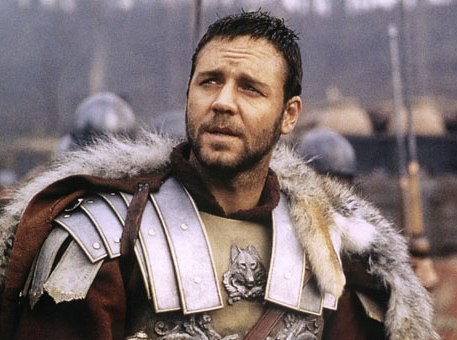
PRIME AGE MINDSET
Youth is much admired, and rightfully so – it is a sweet yet fleeting blossoming of energy, ability, beauty, and hope. Apollo, the ever-young, represents this state of existence perfectly – glowing, unconquered, oblivious to death.
Old age too is much discussed. We tend to get poetic as we feel ourselves meandering slowly into the Dead Sea. Horace immortally cried:
Eheu fugaces, Postume, Postume,
labuntur anni nec pietas moram
rugis et instanti senectae
adferet indomitaeque morti.Alas, Postumus, the years are fleeting,
Slipping away and Piety can delay
Neither wrinkles nor approaching old age
Nor death indomitable.
Ovid, a contemporary unlucky enough to be exiled by Augustus, was also unappreciative of old age:
Iam mihi deterior canis aspergitur aetas,
iamque meos vultus ruga senilis arat .
iam vigor et quasso languent in corpore vires,
nec, iuveni lusus qui placuere, iuvant.Already my worst years cast grey on my hair,
And already old age plows my face with wrinkles;
Already strength and vigor languish in the shaking body,
And the games that once pleased the boy, do not help.
But I am not very familiar with anything dealing much with men in their middle age, or as I would prefer to think about it – in their prime.
I suppose Odysseus was in his middle ages upon returning to Ithaca. Cunning, wise, capable, strong, and eventually settled. Athena does reward him with renewed youth (after disguising him as an old man), which is perhaps symbolic.
Can middle age be seen as the prime, or the second blossoming, of a man’s life? It probably can be. For lovers of Victor Hugo, think about Jean Valjean in Les Miserables. His youth is spent in poverty and prison, then glory and virtue come to him in middle age.
Edmond Dantes in The Count of Monte Cristo cuts a similar figure – his youth is passed in innocence of no consequence, then prison, and then magnificence comes in middle age.
And then there is dear Frodo. In the movies, he is played by the youthful Elijah Wood, but in the books, he is a perfectly sensible hobbit in his 50s. Could he have resisted the power of the Ring had he been a young, striving hobbit? Could he have commanded the ring as he did one time on the slopes of Mount Doom? Appearing suddenly as a figure robed in white, a hobbit lord wielding a magical wheel of fire.
Perhaps it varies. It is easy to let yourself go, spiritually and physically, leading into one’s middle ages. That may indeed result in not very much magnificence. But if a man keeps himself in relatively good shape, and has mentally weathered the storms of youth, the silly games of hierarchy and status, then something interesting may happen.
Suddenly, one may find himself the most capable person in the room. One can amusingly see through the charade of made-up wisdom of those who are older and simultaneously look paternalistically at those who are younger. A zenith of sorts is achieved and vast golden horizons are seen from it.
Michael Ende in Jim Button and Luke the Engine Driver described a similar situation. Mrs. Grindtooth, the mean and much-disturbed she-dragon, transforms with age into a Golden Dragon with Wisdom. A sage-like creature with both intelligence and vigor.
Can there be a third blossoming? A fourth one? Techno-futurism may lead there someday. This guy will keep on trying. But in the meantime, work on that dad-bod, young man.
P.S. We have to say something political since this is The Hebrew Conservative! The Left, obviously, prevents men and women from reaching such a blossoming. While not powerful enough to completely squash youth, the Left is very effective in transforming middle-aged women into hectoring harpies from HR, and to sap the vigor out of their soy-boy companions. Striving liberals, alas, remain forever in a hyper-ideological state of unstable plasma, ever-conscious of status, speech codes, and empty platitudes programmed by the NYT.
Follow us on Twitter!
And sign up for updates here!